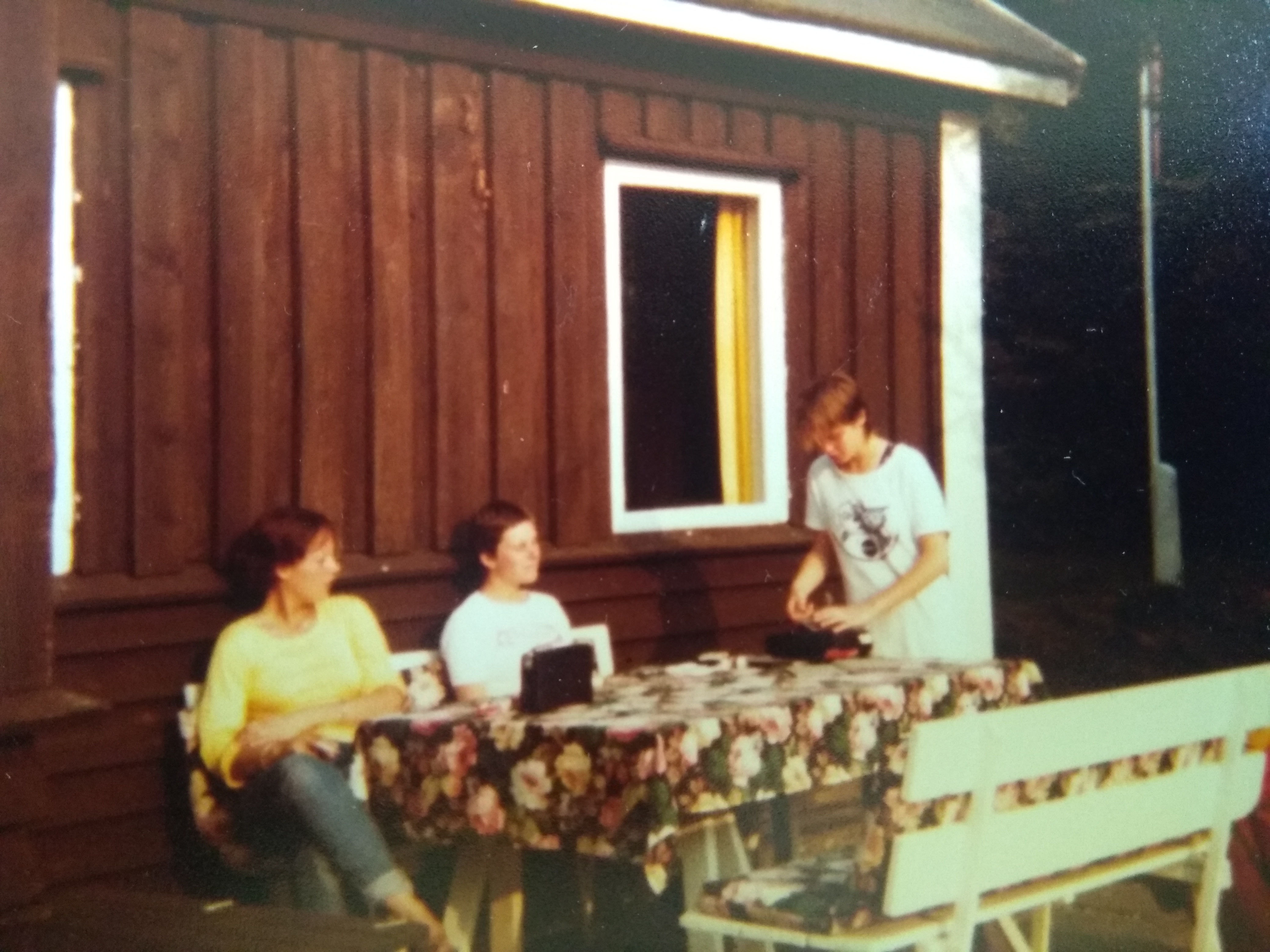 It’s funny isn’t it, how individual photos can really move us? A photo that’s in no way spectacular: an old blurred print, only 3½ by 4½ inches, taken at a no-particular moment. One we’d have discarded as uninteresting when the holiday snaps came back from the chemist.
It’s funny isn’t it, how individual photos can really move us? A photo that’s in no way spectacular: an old blurred print, only 3½ by 4½ inches, taken at a no-particular moment. One we’d have discarded as uninteresting when the holiday snaps came back from the chemist.
Here’s one such, for me. Taken, I know, in summer 1981, when I’d just done my O Levels. We’re in Denmark: I’m standing; my sister Sarah (who was then in her mid-twenties and living in Amsterdam) is seated, in a white T shirt; her Australian flatmate Anne, in yellow beside her.
I’ve no idea why this photo so stirred me when I found it yesterday, but it did and does. Something about it looking like a film still? I really like the brown and yellow, almost sepia, colour scheme. I find it touching to catch this glimpse of us so much younger. (What am I even doing? Maybe putting a cassette into a tape recorder? Or opening a bottle of wine? Gawd knows…)
A photo we just stumble on, in an old bag, stuffed between pages of a book, one of a bunch in a torn brown envelope, out of focus – not even taken in a place that means much to us.
And no one smiling into the camera, not posed; just caught in some random moment. Three people. Being alive. Thirty nine summers ago.

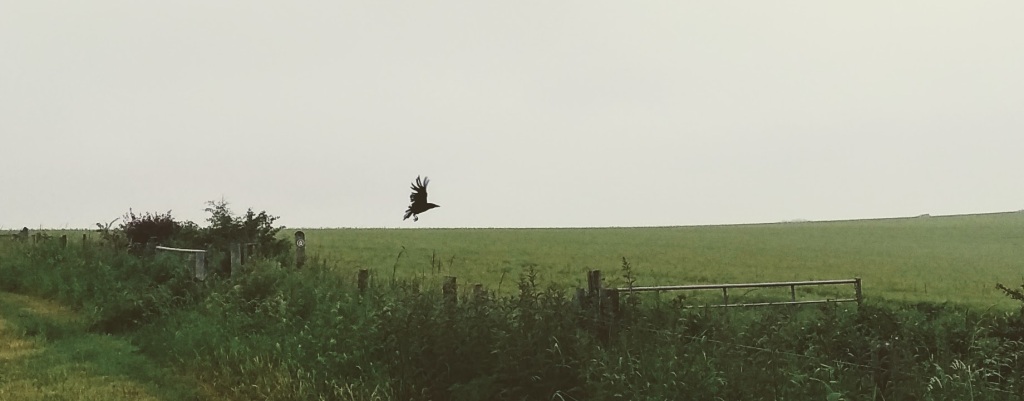
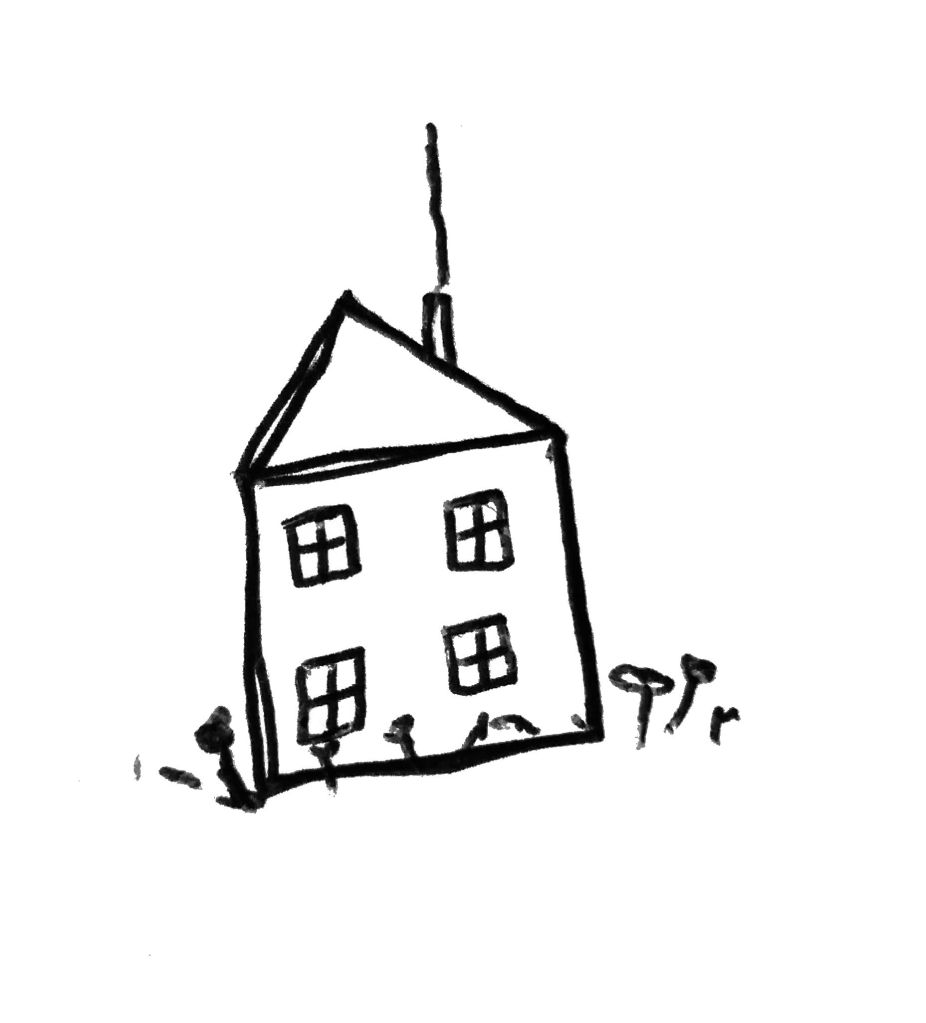
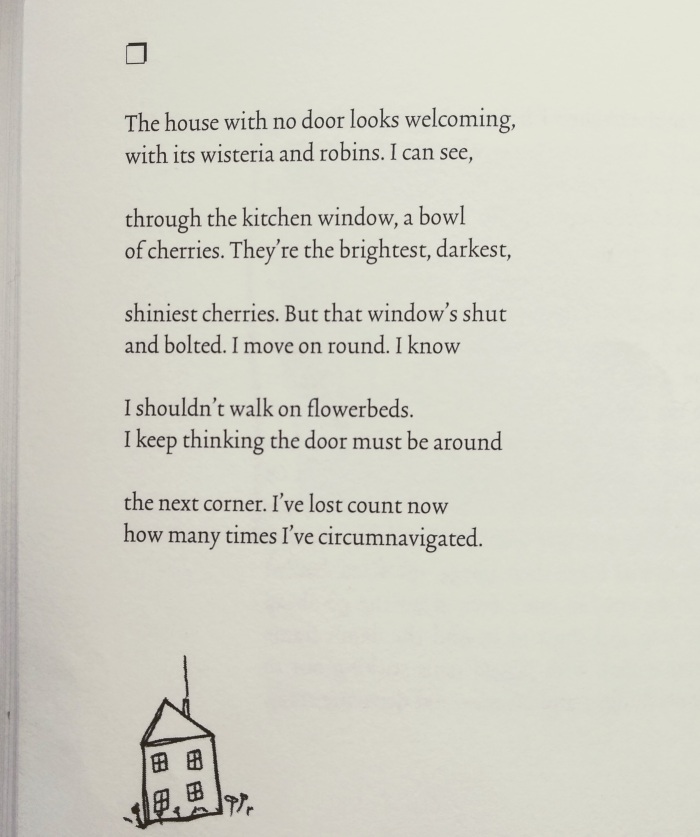

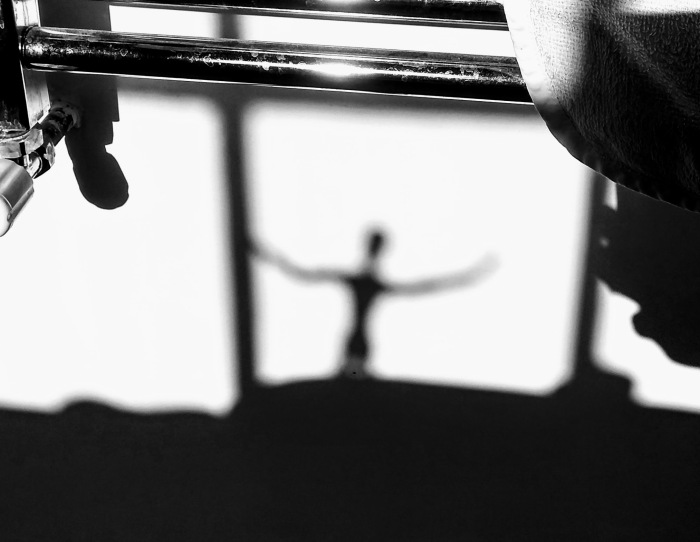
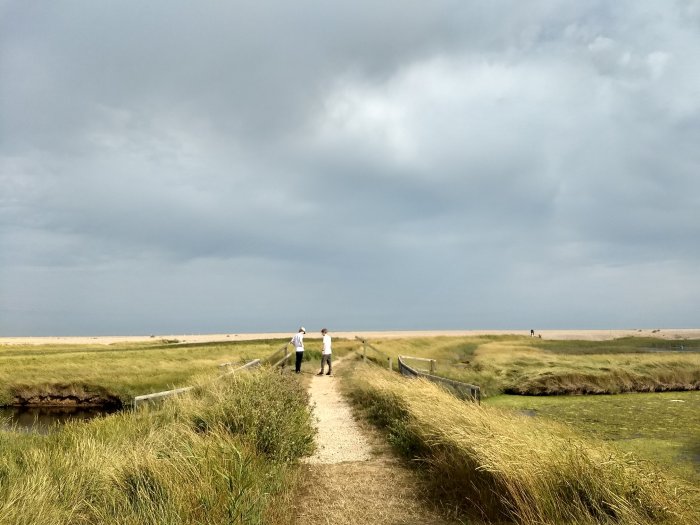
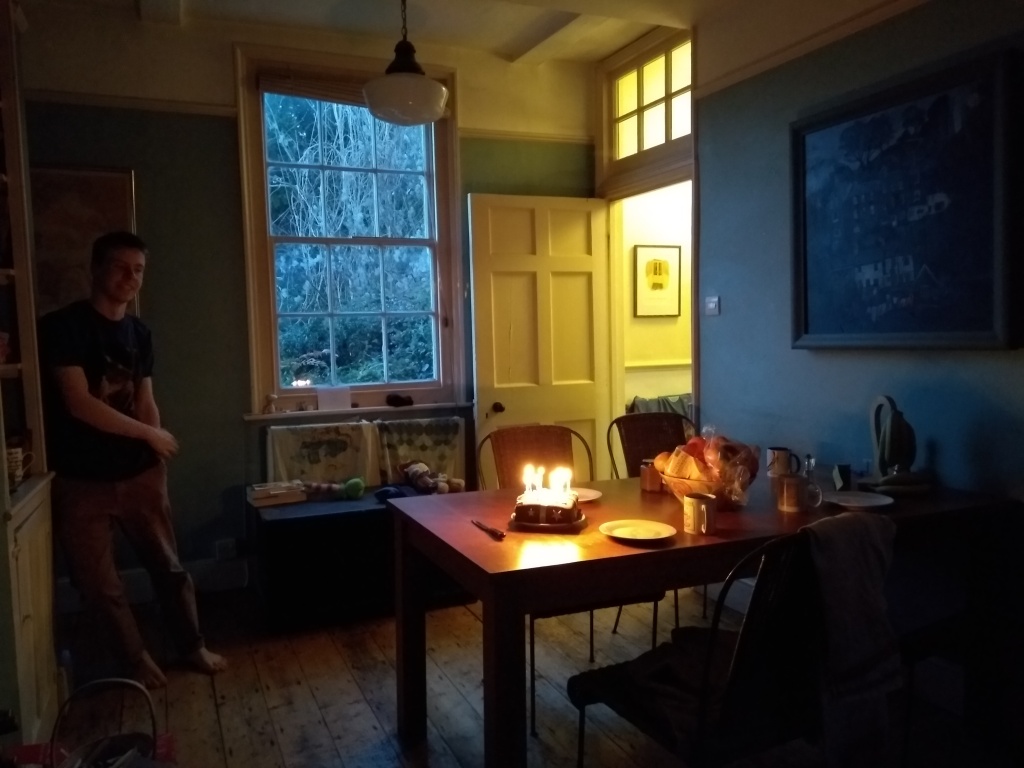
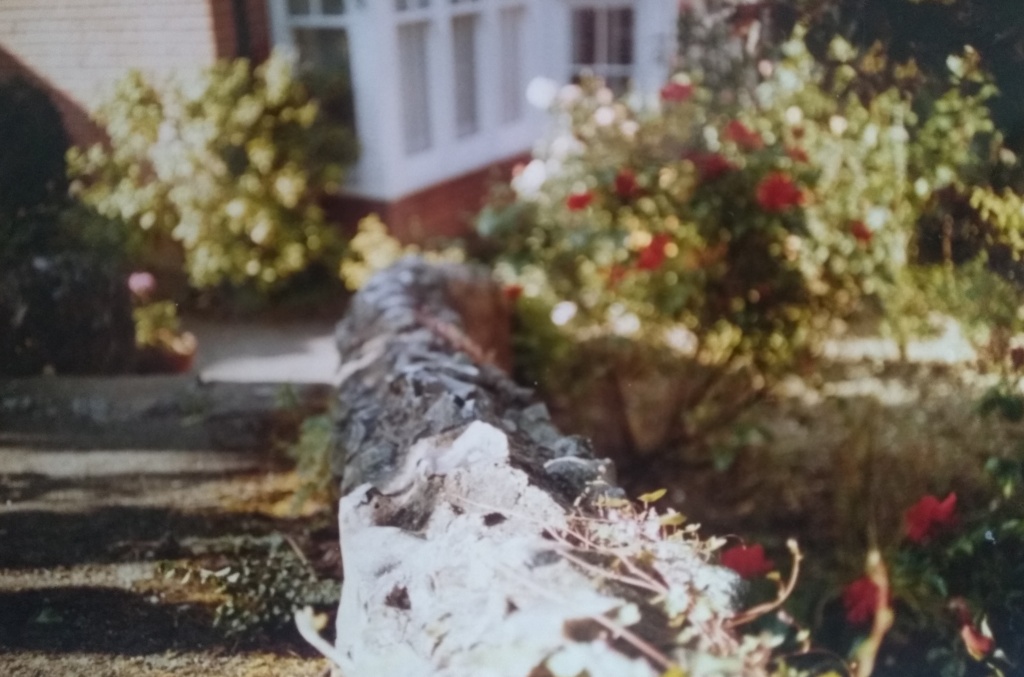
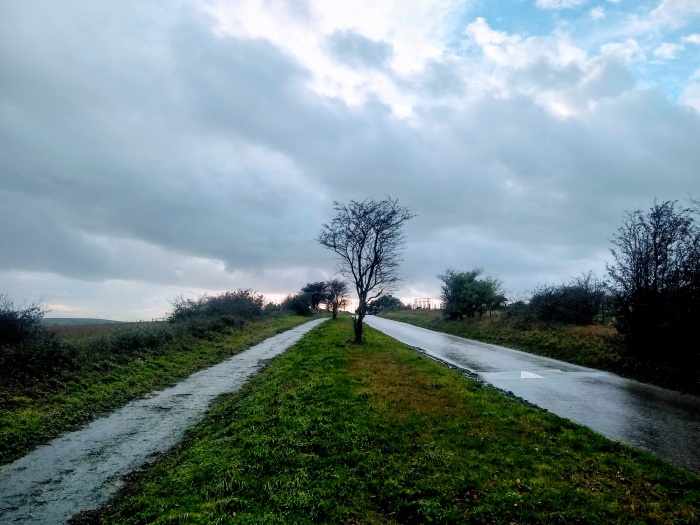
 It’s funny isn’t it, how individual photos can really move us? A photo that’s in no way spectacular: an old blurred print, only 3½ by 4½ inches, taken at a no-particular moment. One we’d have discarded as uninteresting when the holiday snaps came back from the chemist.
It’s funny isn’t it, how individual photos can really move us? A photo that’s in no way spectacular: an old blurred print, only 3½ by 4½ inches, taken at a no-particular moment. One we’d have discarded as uninteresting when the holiday snaps came back from the chemist.